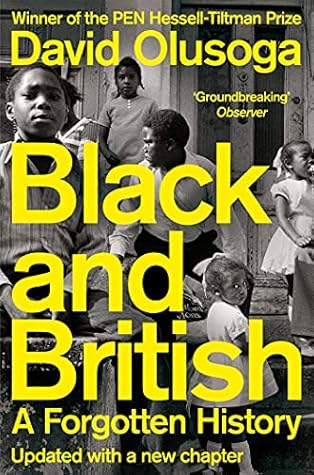When the royal monopoly was pushed aside and English and Scottish slave-traders enormously expanded the scale of the trade, legal decisions over the status of black Africans made by judges in England were no longer mere points of law, but judgements that could potentially have an impact upon the national economy. As the planter in the Chamberlain v. Harvey case asked, ‘Who would squeeze the sugar from the cane once all slaves had been sprinkled with holy water?’12
Welcome back. Just a moment while we sign you in to your Goodreads account.


